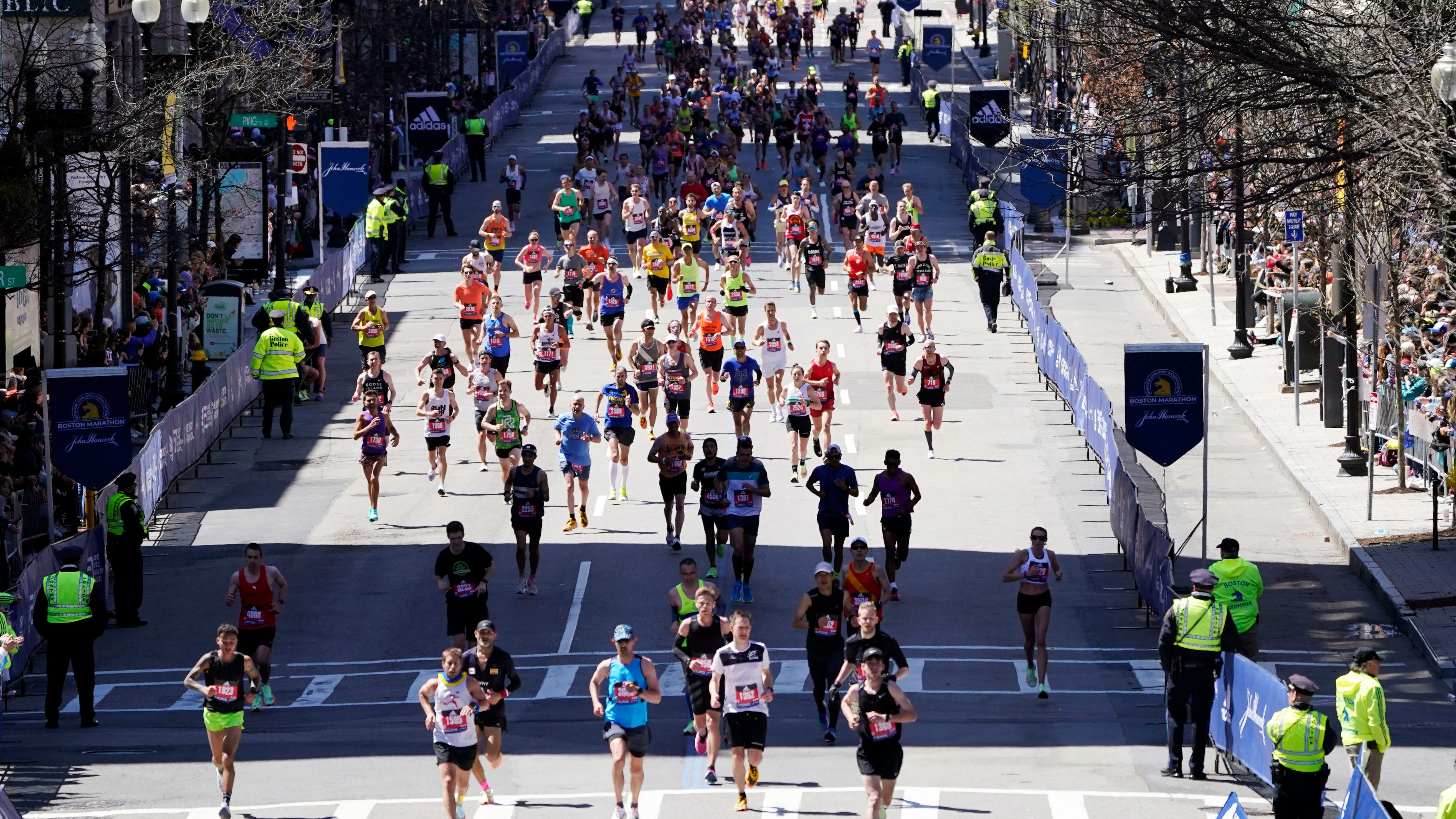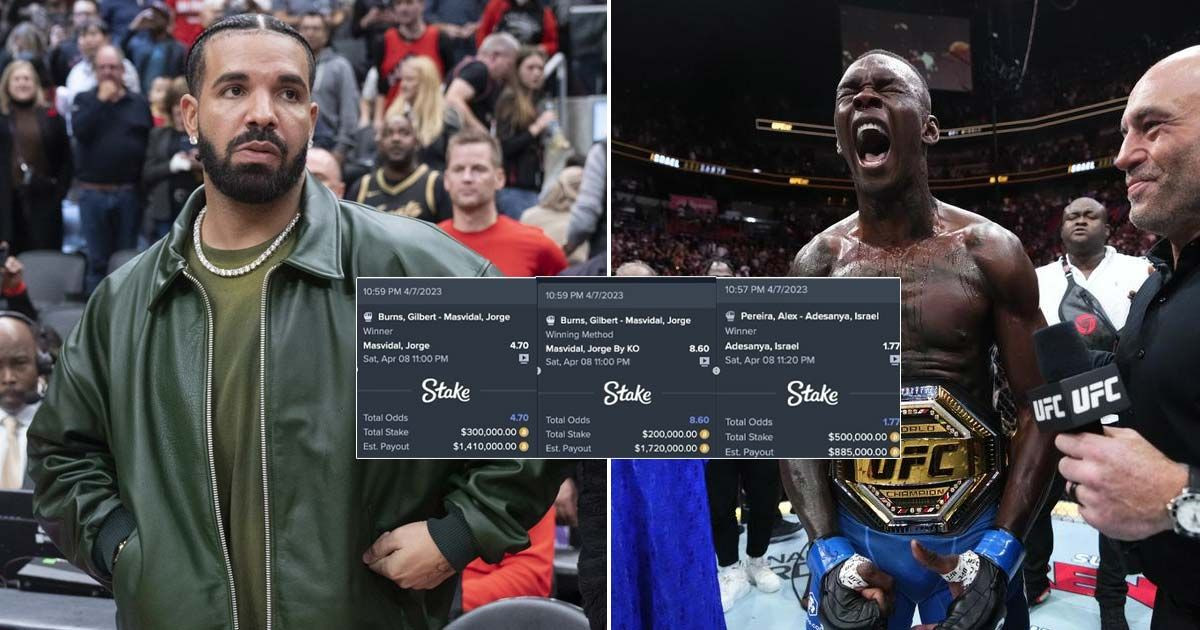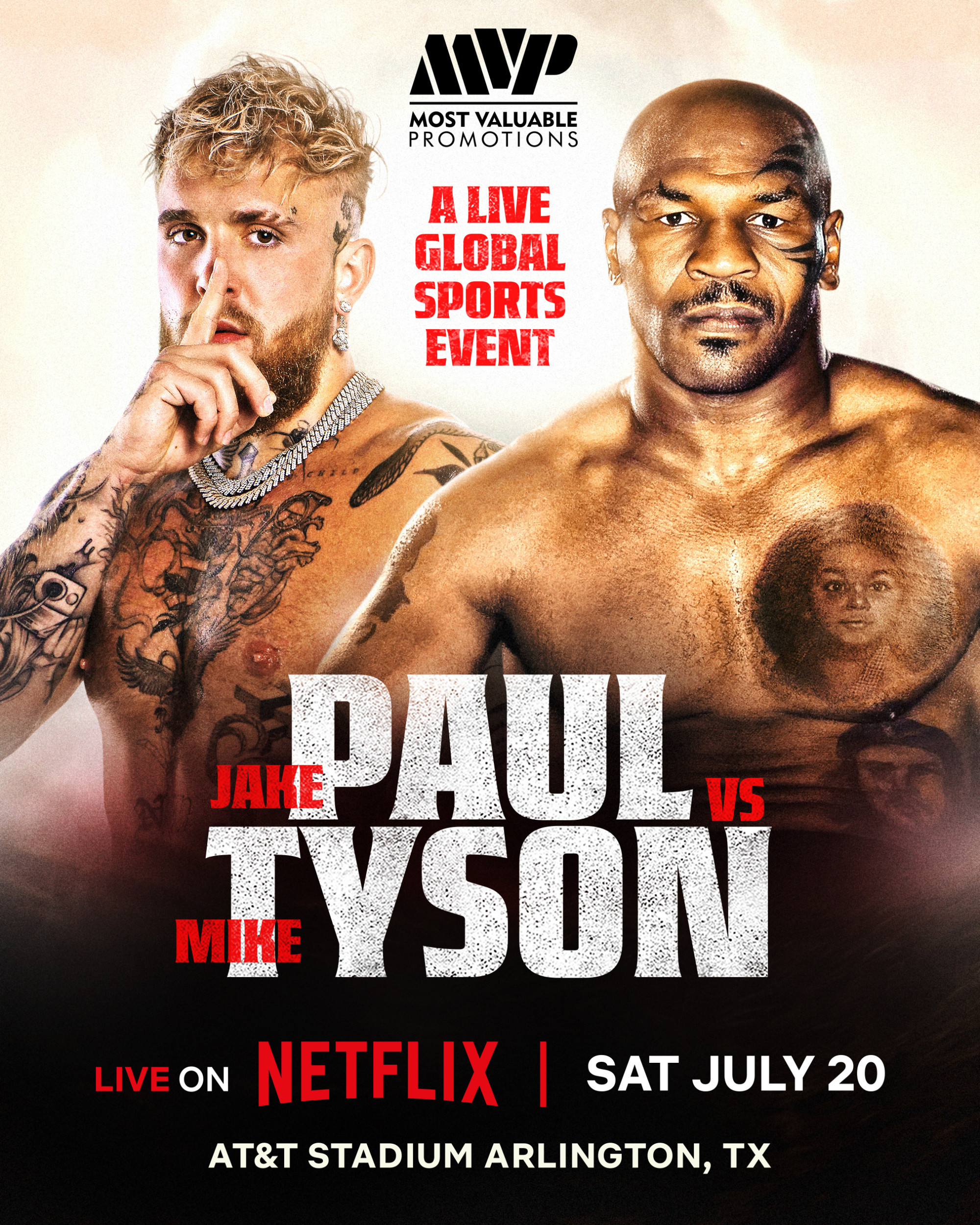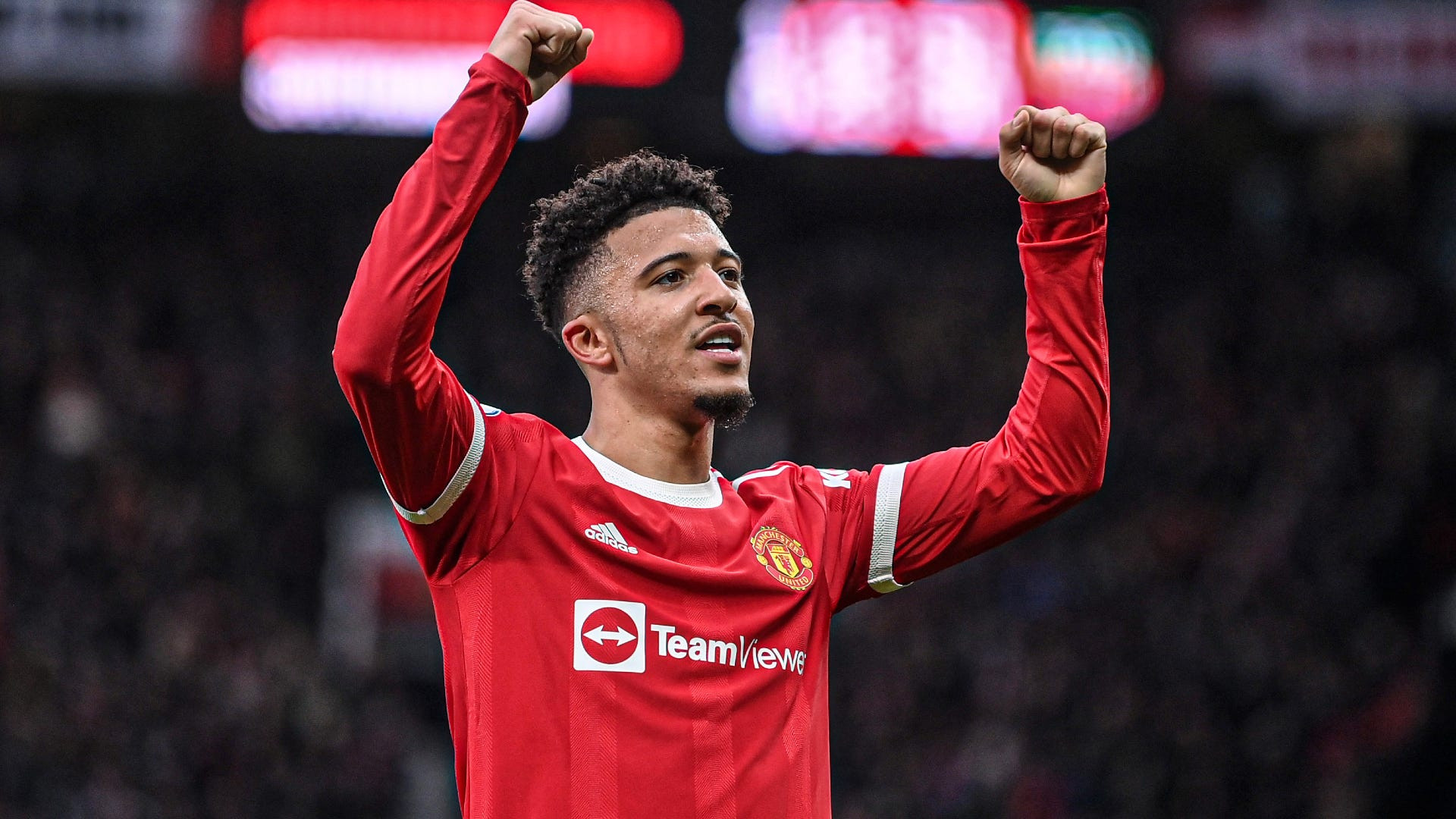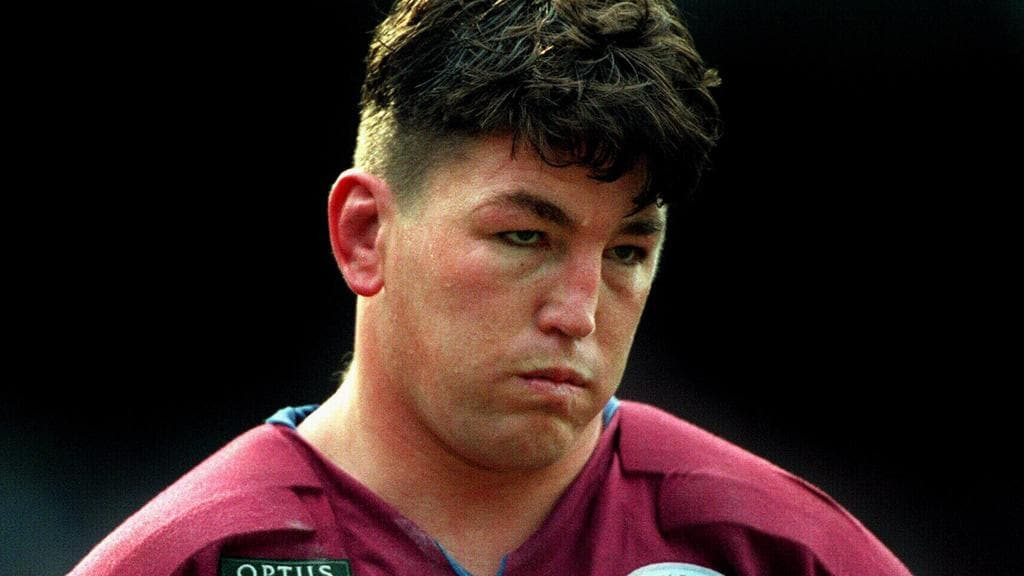With another year of record applications for the Boston Marathon, the Boston Athletic Association is tightening its qualifying standards for the 2026 race and beyond.
The BAA announced Monday that it had received 36,406 applications for the 2025 Boston Marathon, an increase of more than 3,000 time qualifiers compared to the 33,058 who hit the standard for the 2024 race. More than 11,000 qualified participants were turned away for 2024, and that number will only grow for 2025, with more than 14,000 athletes set to receive rejection letters.
“The enthusiasm and desire from athletes around the world aiming to participate in the Boston Marathon presented by Bank of America is unmatched, and is truly what makes the Boston Marathon such a special event,” said Jack Fleming, BAA president and CEO, in a release. “The record number of applicants indicates the growing trend of our sport and shows that athletes are continuously getting faster and faster. We look forward to welcoming 30,000 athletes in their pursuit of the finish line this April, and we are already planning for a memorable event experience from start to finish.”
While the BAA did not predict the “cut-off” time needed to gain acceptance into this coming April’s 129th running, it’s very likely that it will be even faster than the 2024 mark, which was already the fastest in race history. Athletes had to run 5 minutes, 29 seconds faster than the qualifying standard for their age group and gender to get into the race this past spring.
As the number of qualified entrants continues to balloon year over year, the BAA’s hand was finally forced. The organization will lower qualifying standards for each gender and age group (except for runners over 60 years old) by five minutes for 2026.
“As we have witnessed in recent years, the sport of marathoning is growing and athletes continue to get faster,” said Fleming. “At the same time, demand to participate in the Boston Marathon has steadily grown as well, and unfortunately in recent years we’ve had to turn away thousands of runners who’ve achieved Boston Marathon qualifying times.”
As an example: Men aged 18-34, who previously had to run under 3 hours to qualify for the race, will now have to achieve a mark of 2 hours, 55 minutes in order to apply for the 2026 edition. Women aged 18-34 have seen their qualifying standard drop from 3 hours, 30 minutes to 3 hours, 25 minutes.
Here’s a full breakdown of the qualifying standards for each age and gender group.
Qualifying Standards for the 2026 Boston Marathon
The BAA last adjusted its qualifying standards in 2019.
“Every time the BAA has adjusted qualifying standards … we’ve seen athletes continue to raise the bar and elevate to new levels,” Fleming said. “In recent years we’ve turned away athletes in this age range (18-59) at the highest rate, and the adjustment reflects both the depth of participation and speed at which athletes are running.”
The Rise of the Boston Marathon
The post-pandemic surge in running participation is one of the key factors behind the latest boom in the interest of qualifying for the Boston Marathon, Fleming said. But whereas the Boston Marathon has a field size limit of 30,000 runners, the New York City Marathon boasted 51,402 finishers in 2023, while the Chicago Marathon had 48,398 finishers last fall.
The Race for a Spot
Getting into the Boston Marathon through its age-group qualifying standards is becoming more and more challenging as interest in the race continues to grow. Through the end of the 2025 Boston Marathon registration period on September 13, the Boston Athletic Association (BAA) received a record 36,406 entry applications for the estimated 22,000 qualifier entry slots for next April’s 129th running of the race—meaning there will also likely be a record number of qualified applicants who won’t earn admission to the race.
The remainder of the 30,000-runner field for the 2025 race will primarily be filled with runners supporting one of the 150-plus non-profit organizations of the Bank of America Boston Marathon Official Charity Program. Automatic entry is also offered to runners who’ve finished the Boston Marathon 10 to 24 times consecutively (provided they have a qualifying time), runners who have a current streak of 25 or more consecutive races (as long as they completed the 2024 race), as well as to a small number of sponsor exemptions.
After the application for the 2025 race application period closed last Friday evening, the BAA has shifted to the application verification process. It expects to inform runners of their registration status for next spring’s race by early October.
For the 2024 Boston Marathon, when the previous record of 33,058 qualifier applications were submitted, the BAA accepted 22,019 qualified applicants but had to reject 11,039 applicants even though they had surpassed the respective qualifying time for their age-group. For the 2024 Boston Marathon, the cut-off time needed to gain acceptance was 5 minutes, 29 seconds faster than the official qualifying time. The BAA won’t know what the time cutoff will be this year until it completes the verification process and confirms entries, but it could be an even greater time discrepancy this year based on the larger number of qualified applications.
“The enthusiasm and desire from athletes around the world aiming to participate in the Boston Marathon presented by Bank of America is unmatched, and is truly what makes the Boston Marathon such a special event,” said Jack Fleming, president and CEO of the BAA, in a release. “The record number of applicants indicates the growing trend of our sport and shows that athletes are continuously getting faster and faster.”
However, Fleming told Outside RUN having to deny runners entry is a challenging dilemma, especially knowing how hard and potentially how long those runners have worked to achieve the respective time standard for their age group. The 30,000-runner field size is dictated by numerous factors, including the race’s commitment to charity runners, the actual width of the course, and road closure and public safety regulations agreed upon by the eight communities along the route—including how many people can be safely and effectively brought to the start in Hopkinton.
Making the qualifying standards more stringent will reduce the number of qualifiers the race has to reject during the registration period, but that can be a bittersweet result because it will make some runners have to work harder and longer to achieve their goal, Fleming said
“We don’t take it for granted one moment how people point towards the Boston Marathon and train to hit the Boston Marathon qualifying time,” Fleming said. “We very much would hope that one day they would be able to do it. But we’re also committed to having it be a great participant experience on the course. It would be nice to be looking at what Chicago, New York, and Berlin have, and some of our other colleague races, but our field size limit is 30,000, and it’s something we have to adhere to.”
Applicants for the 2025 Boston Marathon will be notified of their acceptance in the coming weeks. The 129th Boston Marathon is set for its latest possible date on the calendar, with Patriots Day falling on April 21, 2025.
What the Future Holds
The increased interest among qualified runners over the past several years has prompted the BAA to lower qualifying standards by 5 minutes for all runners under the age of 60 for the 2026 Boston Marathon. The Boston Marathon has required qualifying standards as a means of entry since 1970. A breakdown of Boston Marathon qualifying standards for 2026 can be found below, while a historical breakdown of qualifying times can be found here.
Qualifying times for athletes competing amongst the Para Athletics Division, Adaptive Program, wheelchair division, handcycle, or duo programs will remain the same for 2026.
The qualifying window for the 2026 Boston Marathon—which will be held April 20, 2026—opened on September 1, 2024, and will run through the end of registration week in September 2025. Exact registration dates and entry procedures for the 2026 Boston Marathon will be announced following the 2025 Boston Marathon.
The BAA has asked runners for their cooperation and patience during the 2025 entry verification process. It has requested that runners do not try to contact the BAA to check on the status of their entry unless requested to do so by a member of its Athlete Services team.




